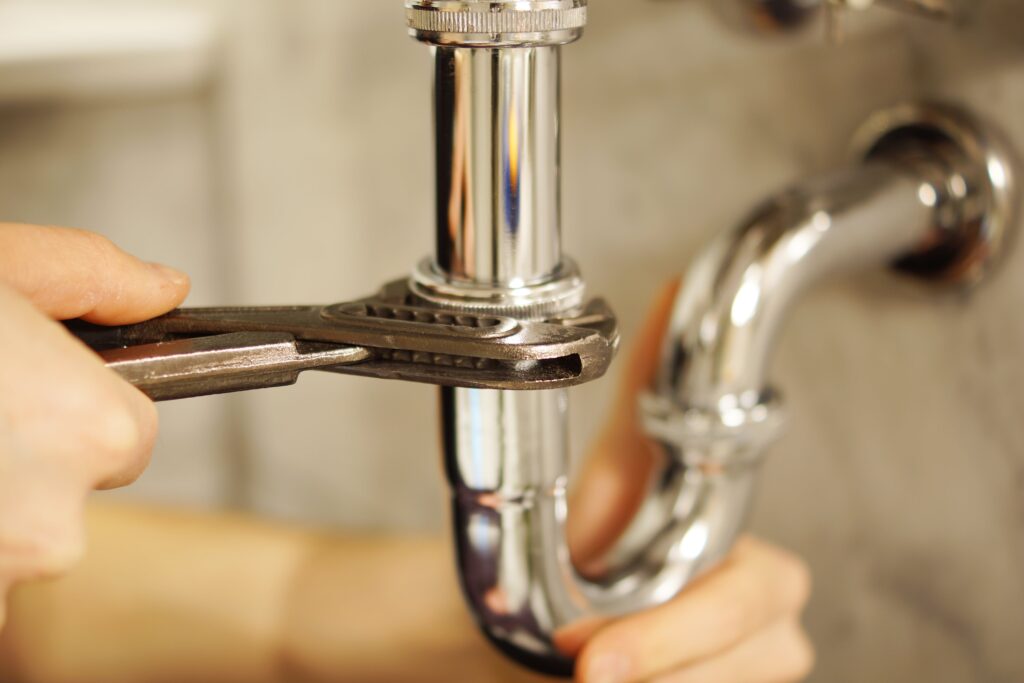When it comes to home maintenance, one aspect that often gets overlooked is drain cleaning. It’s a task that many homeowners tend to postpone, thinking that everything is running smoothly as long as they’re not facing any visible issues. However, neglecting this crucial maintenance can lead to clogged drains, unpleasant odors, and even costly repairs down the line. In this article, I’ll take you through the ins and outs of drain cleaning, why it matters, and how you can keep your plumbing system in tip-top shape.
Understanding the Importance of Drain Cleaning
So, why is drain cleaning such a big deal? Well, let me break it down for you. Over time, debris such as hair, grease, soap scum, and food particles accumulate in your pipes. This buildup can create blockages, leading to slow drainage or even complete stoppages. Not only is this inconvenient, but it can also result in unpleasant odors wafting through your home. Moreover, ignoring these issues can lead to more severe problems, such as pipe damage or leaks.
The Signs That You Need Drain Cleaning
It’s essential to be aware of the signs that indicate your drains need some attention. Here are some common indicators:
- Slow Draining: If water is taking longer than usual to drain, it might be time for a cleaning.
- Unpleasant Odors: Foul smells coming from the sink or drain can signal that something is stuck inside.
- Frequent Clogs: If you find yourself reaching for the plunger more often, your drains may need a thorough cleaning.
- Gurgling Sounds: Unusual noises when you flush the toilet or run the sink can indicate air trapped in your plumbing system.
DIY Drain Cleaning Methods
If you’re feeling adventurous and want to tackle drain cleaning on your own, there are several DIY methods you can try. However, always remember that these solutions work best for minor clogs.
1. Baking Soda and Vinegar
This classic combo is not only effective but also eco-friendly! Start by pouring a pot of boiling water down the drain to loosen any debris. Then, add half a cup of baking soda followed by half a cup of vinegar. Cover the drain with a plug or cloth to keep the fizz inside for about 30 minutes. Finally, flush it with another pot of boiling water.
2. Salt and Hot Water
Another simple method involves using table salt. Pour half a cup of salt down the drain, followed by a kettle of hot water. Let it sit for a few hours or overnight, then flush with hot water again. This technique helps break down grease and grime.
3. Plumber’s Snake
A plumber’s snake, or auger, is a handy tool that can help you reach deeper clogs. Simply insert the snake into the drain and turn the handle to break up the blockage. Pull out any debris that you catch along the way.
When to Call a Professional
While the DIY methods mentioned above can be effective, there are times when professional help is necessary. Here are a few situations where you should consider calling in the experts:
- Persistent Clogs: If your drains remain clogged despite your best efforts, it’s time to call a pro.
- Multiple Drains Clogged: If more than one drain is slow or clogged, it could indicate a more significant issue in your plumbing system.
- Pipe Damage: If you suspect that your pipes are damaged, a professional inspection is essential to prevent further issues.
The Benefits of Regular Drain Cleaning
Engaging in regular drain cleaning has numerous benefits that can save you time, money, and hassle in the long run.
1. Prevents Major Plumbing Issues
By cleaning your drains regularly, you can prevent minor issues from escalating into major plumbing problems. This proactive approach can save you from expensive repairs in the future.
2. Reduces Odors
Regular drain cleaning eliminates the buildup of organic matter and grease, which are often the culprits behind foul smells. A clean drain means a fresher home!
3. Improves Drainage Efficiency
Clean drains allow water to flow freely, improving the overall efficiency of your plumbing system. This means faster drainage and less waiting around.
FAQs about Drain Cleaning
How often should I clean my drains?
It’s generally recommended to clean your drains at least once a year. However, if you notice frequent clogs or slow drainage, consider doing it more often.
Can I use chemical drain cleaners?
While chemical drain cleaners can be effective, they can also be harsh on your pipes and the environment. It’s often safer to use natural methods or consult a professional.
What should I do if my drain is still clogged after cleaning?
If your drain remains clogged after attempting to clean it, it’s best to call a professional plumber. They have the tools and expertise to address more severe blockages.
Are there any preventative measures I can take?
Yes! Regularly disposing of food scraps properly, using drain screens, and avoiding pouring grease down the drain can help prevent clogs.
In summary, drain cleaning is not just a chore; it’s an essential part of maintaining a healthy and functional home. Whether you choose to tackle it yourself or call in the professionals, staying on top of your drain maintenance will pay off in the long run. Remember, a little effort now can save you from a world of trouble later!






